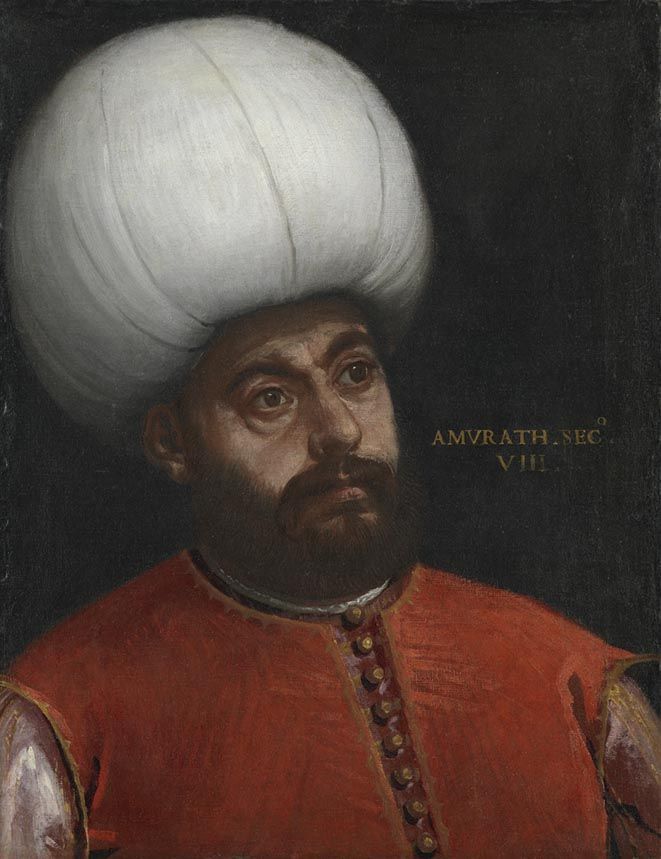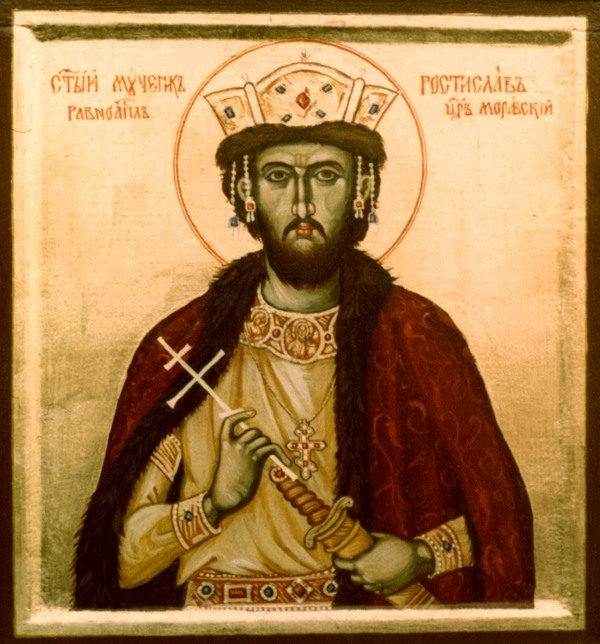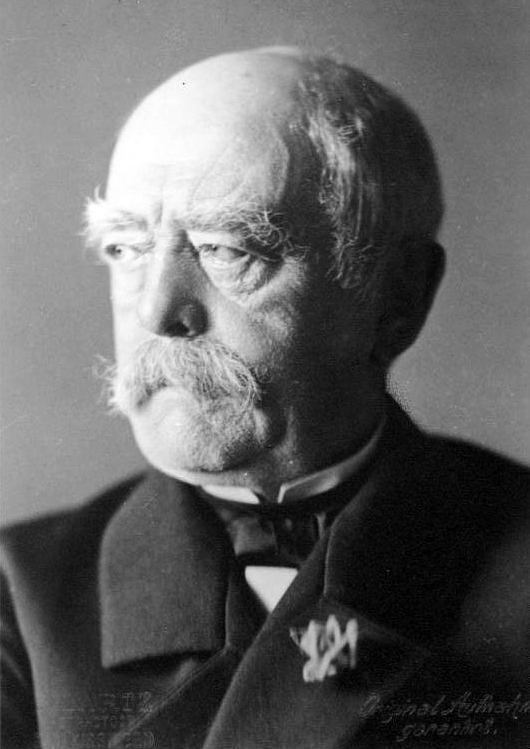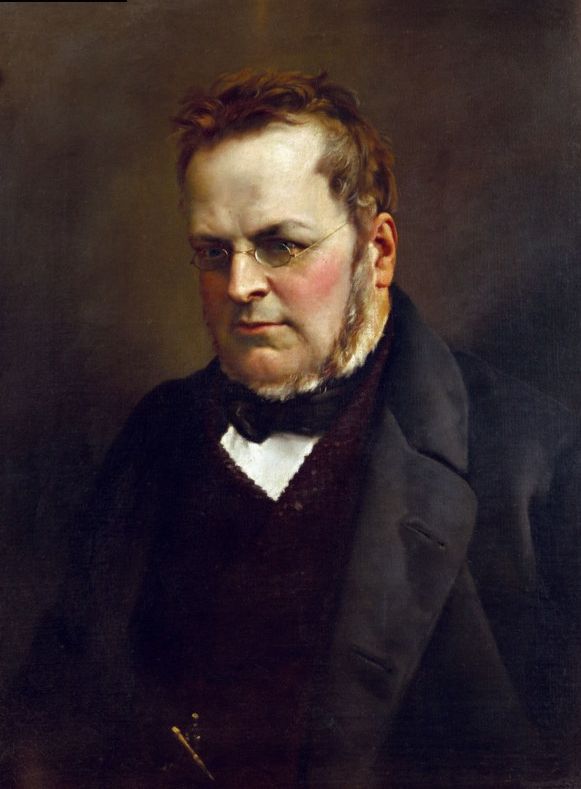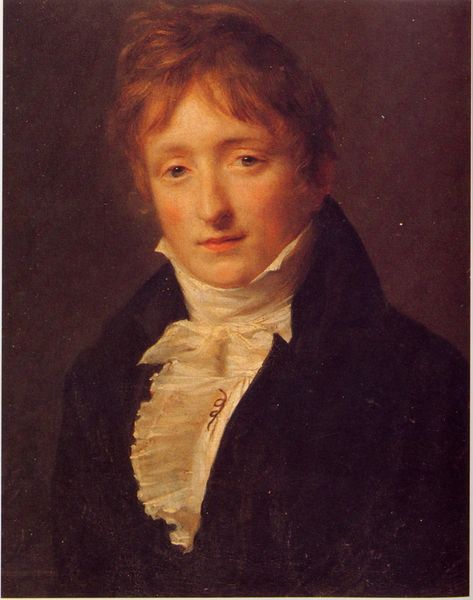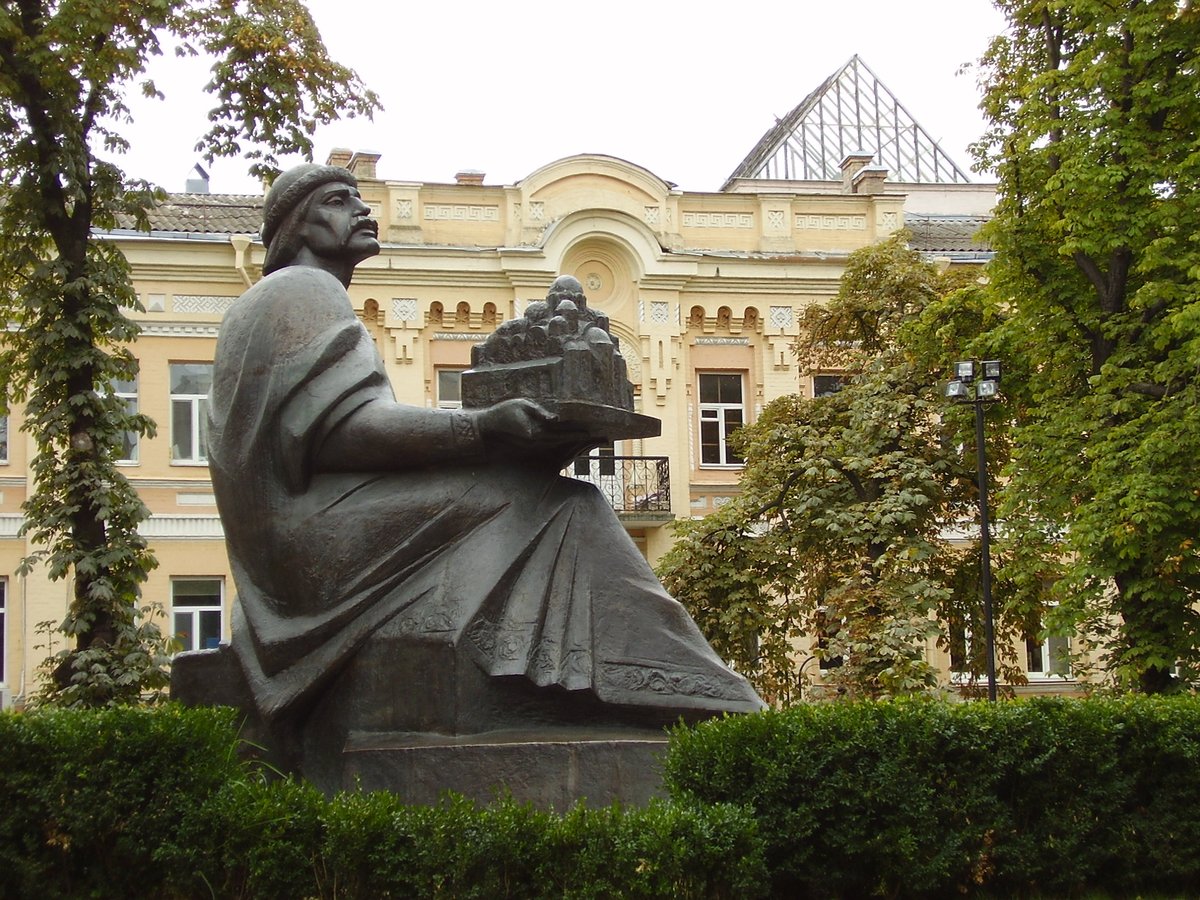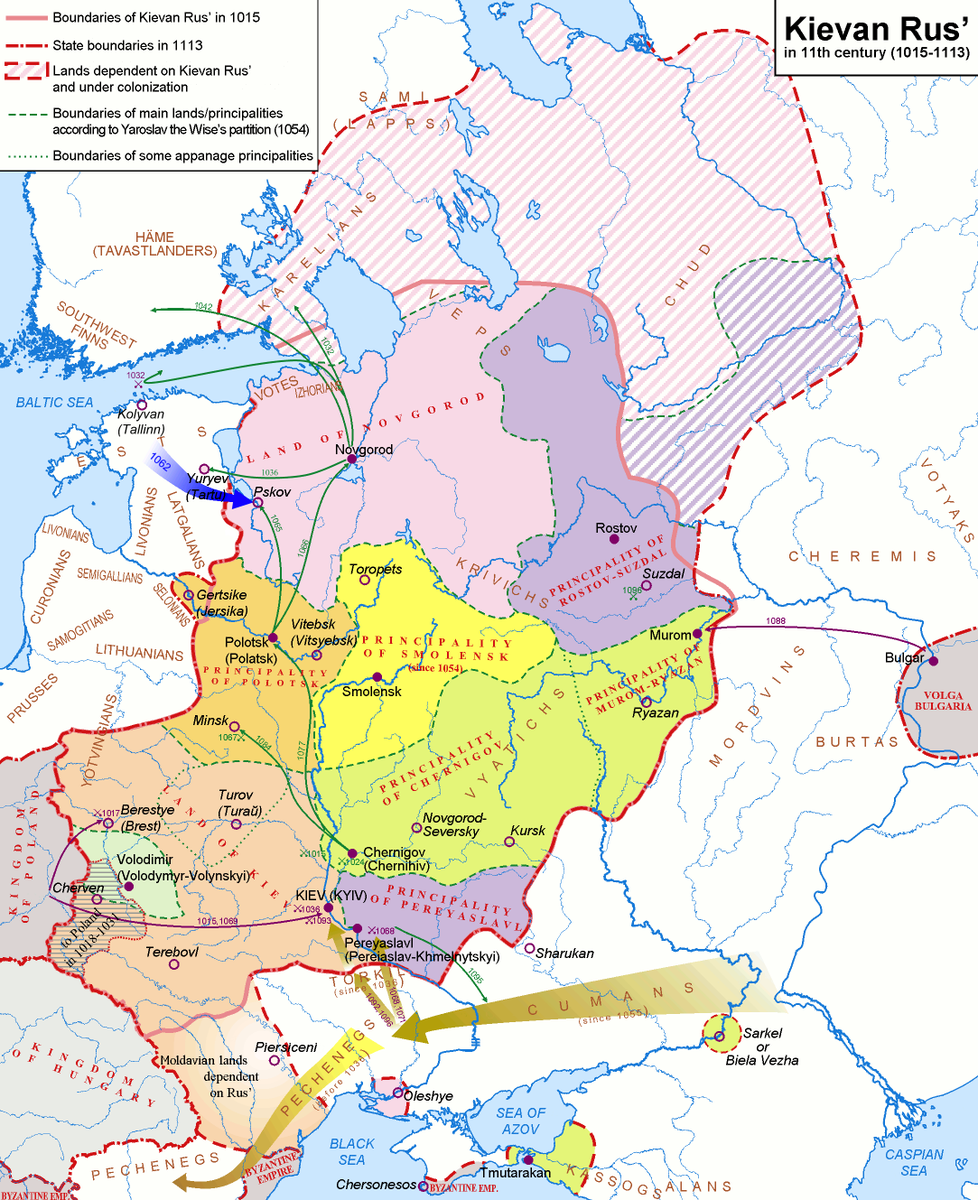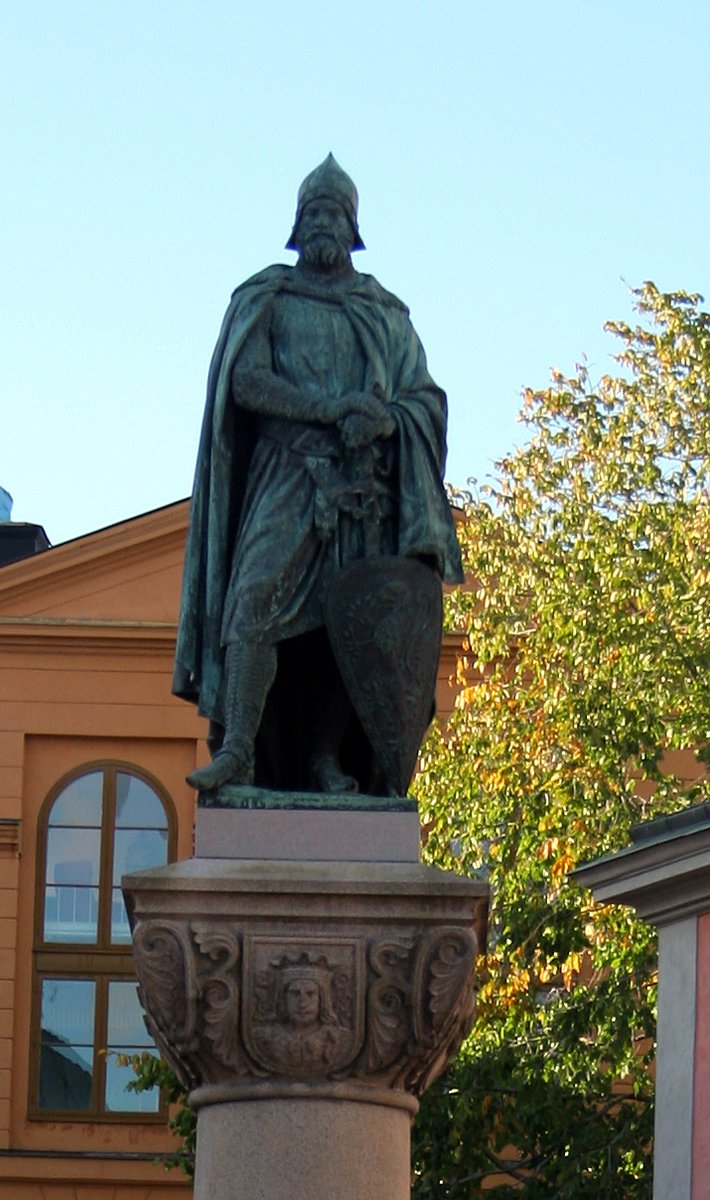A Kingdom is born in Europe.
A Principality in the Swiss mountains.
An Empire in the making.
Story in the evening ...
A Principality in the Swiss mountains.
An Empire in the making.
Story in the evening ...
https://twitter.com/Arby_K/status/1418398104320036865
Friedrich von Brandenburg was born in 1657 to Friedrich Willhem, Elector of Brandenburg and Duke of Prussia, and Luise Henriette von Nassau. The same year Prussia became an independent Duchy free off Polish suzerainty, in exchange for support in its war against Sweden. 1/10 

Friedrich's father, Friedrich Wilhelm, had been able organize his family's estates into the state of Brandenburg-Prussia. Though Prussia had become independent, there was one title Friedrich Wilhelm wanted but remained elusive, that of a King. 2/10 

The remaining part of the multi national Brandenburg-Prussia was in the Holy Roman Empire. No other Kingdom was allowed in the Holy Roman Empire, apart from Bohemia. By the second half of the 17th century, Brandenburg-Prussia was developing to become a formidable power. 3/10 

Friedrich Wilhelm had started developing a standing army for Prussia and even attempted to buy Danish colonies in India. After the death of his elder son, Karl Emil, in 1674, Friedrich became his heir. Friedrich inherited the state on his father's death in 1688. 4/10 

In 1689, Willem Hendrik, King of England and Friedrich's cousin's son, organized a grand alliance against France. Friedrich sided with Willem and led the siege of Bonn. Bonn was part of Cologne which had sided with France and in 1689, the city fell to Friedrich. 5/10 

But Friedrich received no gains from the war. In 1700, when the Austrian Habsburgs and the French Bourbons fought over Spain, Friedrich supported the Habsburgs, who also ruled the Holy Roman Empire. In return, Friedrich could become King in Prussia, but not in Brandenburg. 6/10 

In 1702, Willem Hendrik died and Friedrich claimed his title as Prince of Orange. The claim was disputed, but Orange had already been annexed by France much earlier. In 1707, Friedrich managed to get hold of another Principality, in Jura mountains in present day Switzerland. 7/10 

Prince Marie Anne d'Orleans had died in 1707 and with it ended the House of Valois-Longueville. She was also the Sovereign Princess of Neuchâtel. The people of Neuchâtel opted for Friedrich as their ruler due to his Protestant religion and potential for independent rule. 8/10 

Though Königsberg was the royal capital, Friedrich gave primacy to the capital of Brandenburg, Berlin. He also founded the Academy of Arts (1696) and the Academy of Sciences (1700) in Berlin. Berlin and Prussia would gain more importance under Friedrich's descendants. 9/10 

In 1871, a descendant of Friedrich, Wilhelm, was proclaimed as the Emperor of the the newly formed German Empire. Neuchâtel, however, had by this time joined the Swiss Confederacy (1815) and ousted Friedrich's descendants (1848). 10/10 

• • •
Missing some Tweet in this thread? You can try to
force a refresh


